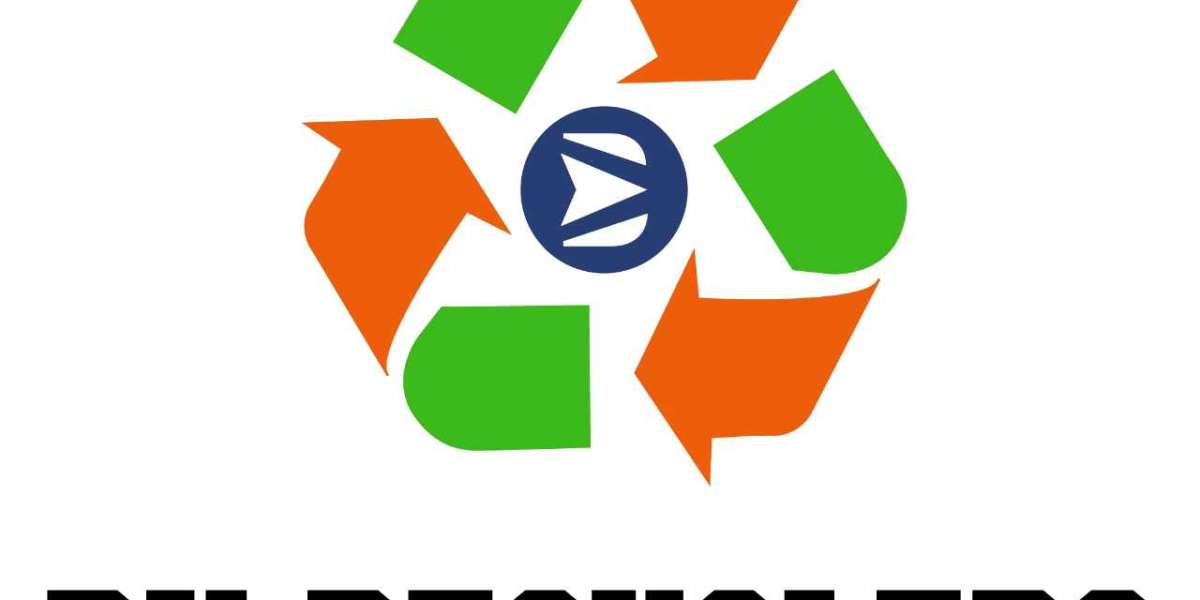Resource Conservation: Many electronic devices contain valuable materials such as precious metals (e.g., gold, silver), base metals (e.g., copper, aluminum), and rare earth elements. Recycling e-waste allows for the recovery of these resources, reducing the need for new mining and extraction. This helps conserve finite natural resources.
Energy Savings: The extraction of raw materials and the manufacturing of electronic devices are energy-intensive processes. Recycling e-waste consumes significantly less energy than producing new products from raw materials. This energy savings contributes to a reduction in greenhouse gas emissions and the overall environmental impact of electronic production.
Reduction of Environmental Pollution: Electronic devices often contain hazardous materials such as lead, mercury, and cadmium. When improperly disposed of in landfills, these substances can leach into the soil and water, posing serious environmental and health risks. Recycling helps prevent the release of these hazardous materials into the environment.
Mitigation of Landfill Space: E-waste takes up valuable landfill space. By recycling electronic devices, the volume of waste sent to landfills is reduced, extending the lifespan of landfill sites and minimizing the environmental impact associated with waste disposal.
Job Creation: The recycling industry, including e-waste recycling, can create employment opportunities. Jobs are generated in areas such as collection, transportation, processing, and manufacturing, contributing to economic development.
Prevention of Data Security Risks: Electronic devices often store sensitive personal and business information. Proper e-waste recycling includes secure data destruction methods to prevent unauthorized access to confidential data, reducing the risk of identity theft and privacy breaches.
Compliance with Regulations: Many countries and regions have implemented regulations to govern the disposal and recycling of electronic waste. Proper e-waste recycling ensures compliance with these regulations, avoiding legal consequences and promoting responsible waste management practices.
Promotion of Circular Economy: E-waste recycling is a key component of a circular economy, where products are reused, refurbished, or recycled at the end of their life cycle. This approach minimizes waste, maximizes resource efficiency, and reduces the overall environmental impact of consumption.
Global Collaboration: E-waste is a global issue, and addressing it requires international cooperation. Collaborative efforts can lead to the development of standardized recycling practices, the sharing of best practices, and the establishment of global frameworks for responsible e-waste management.
In conclusion, e waste recycling Chennai is crucial for sustainable development, environmental protection, and the responsible management of electronic products throughout their life cycle. It contributes to the circular economy model and helps address the challenges associated with electronic waste on a global scale.








